Do not add to the word,
nor take from it,
that you may keep the commandments of the Lord your God...
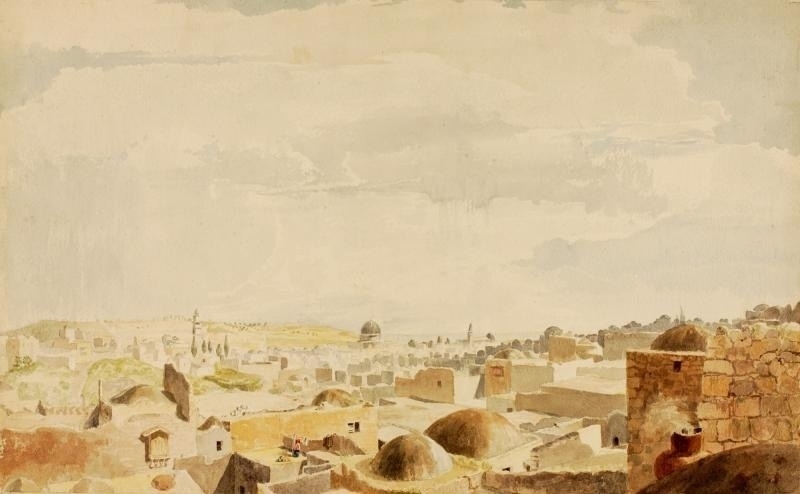
Do not add to the word,
nor take from it,
that you may keep the commandments of the Lord your God...

Luke 15:32
But it was appropriate to celebrate and be glad, for this, your brother, was dead, and is alive again. He was lost, and is found.
Rembrandt’s Prodigal Son.
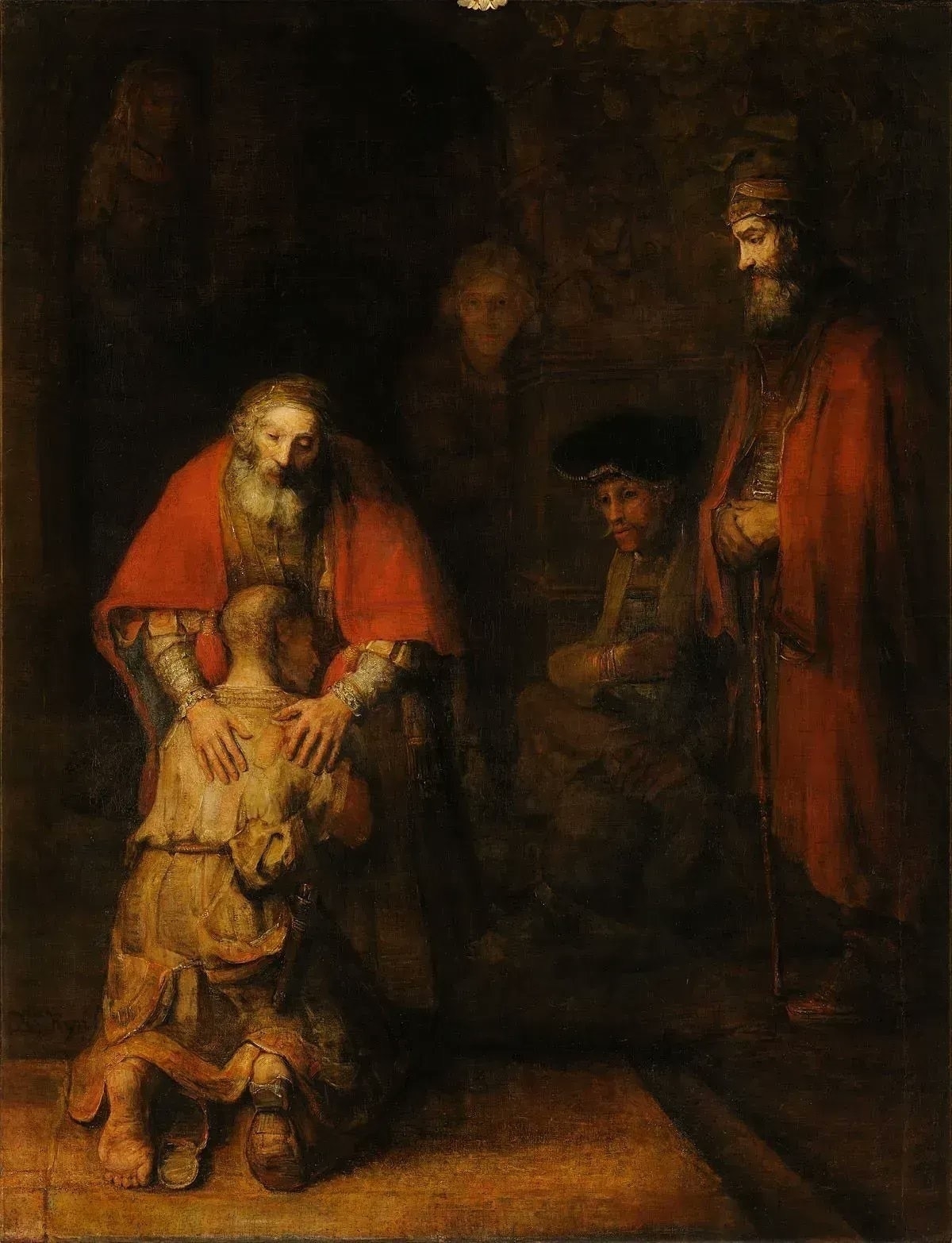
Christ is the firstfruit of the risen (1 Corinthians 15:20).
In Leviticus 23:10 God tells Israel that they are to bring the firstfruits of their first Harvest of the promised land to Him. No grain was sown in the desert and the manna stopped with the firstfruits.
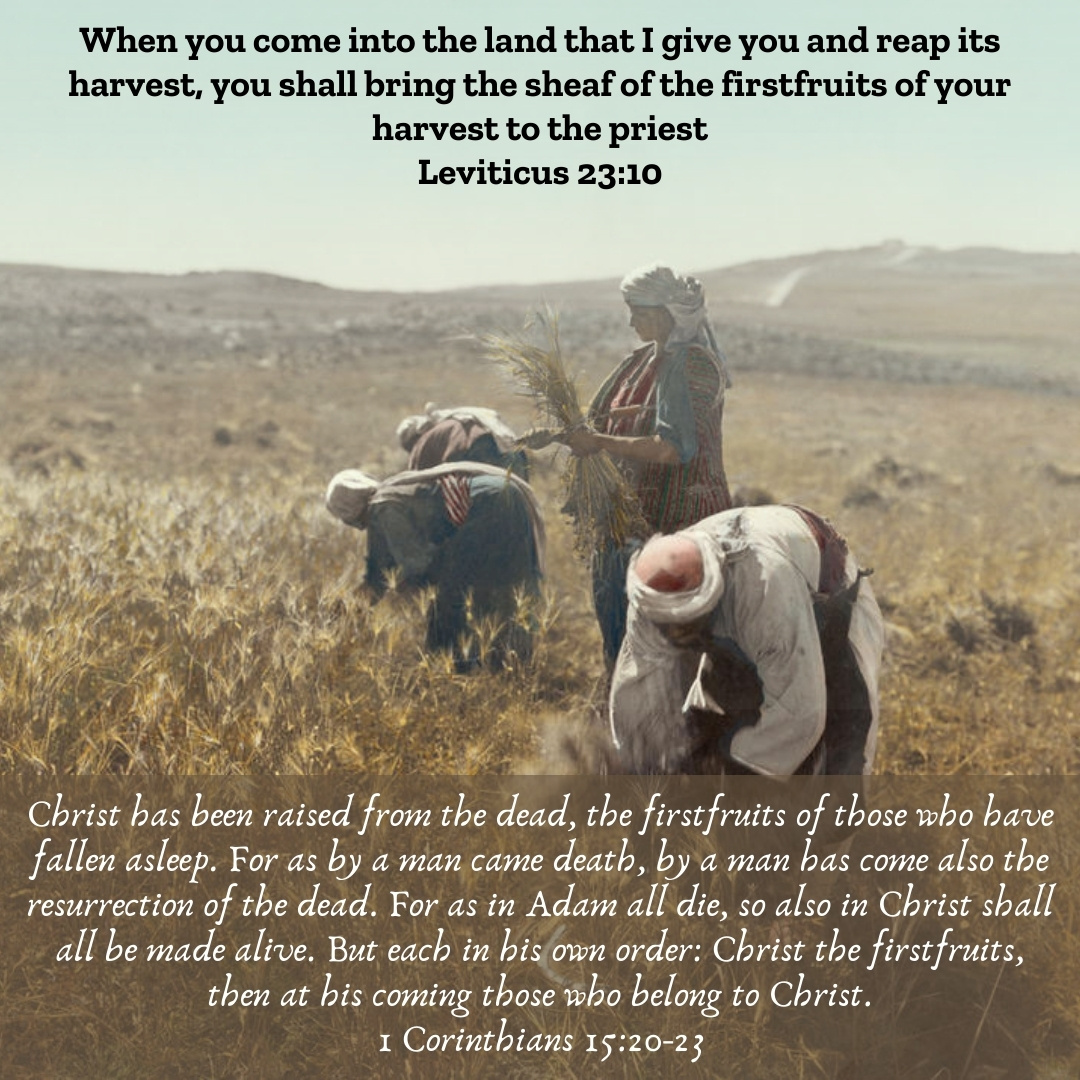
Christ rose from the dead on the day of the Festival of Firstfruits. By His death and resurrection, by His substitutionary sacrifice, He took away our reproach.
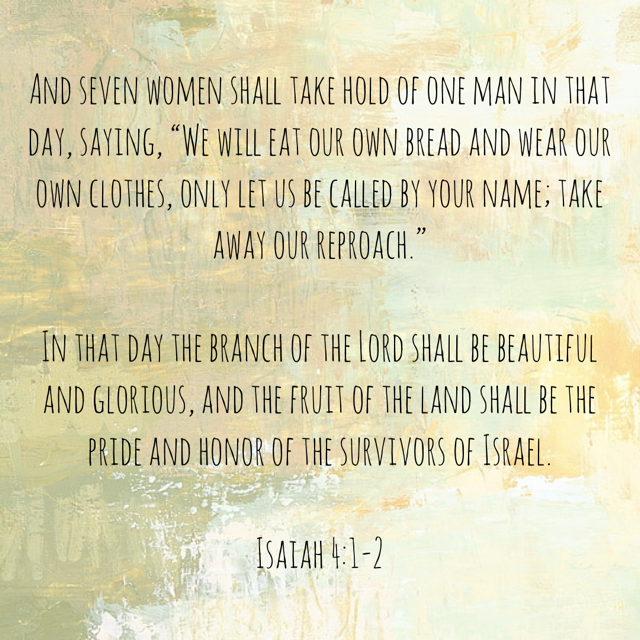
1 Timothy 6:6-9
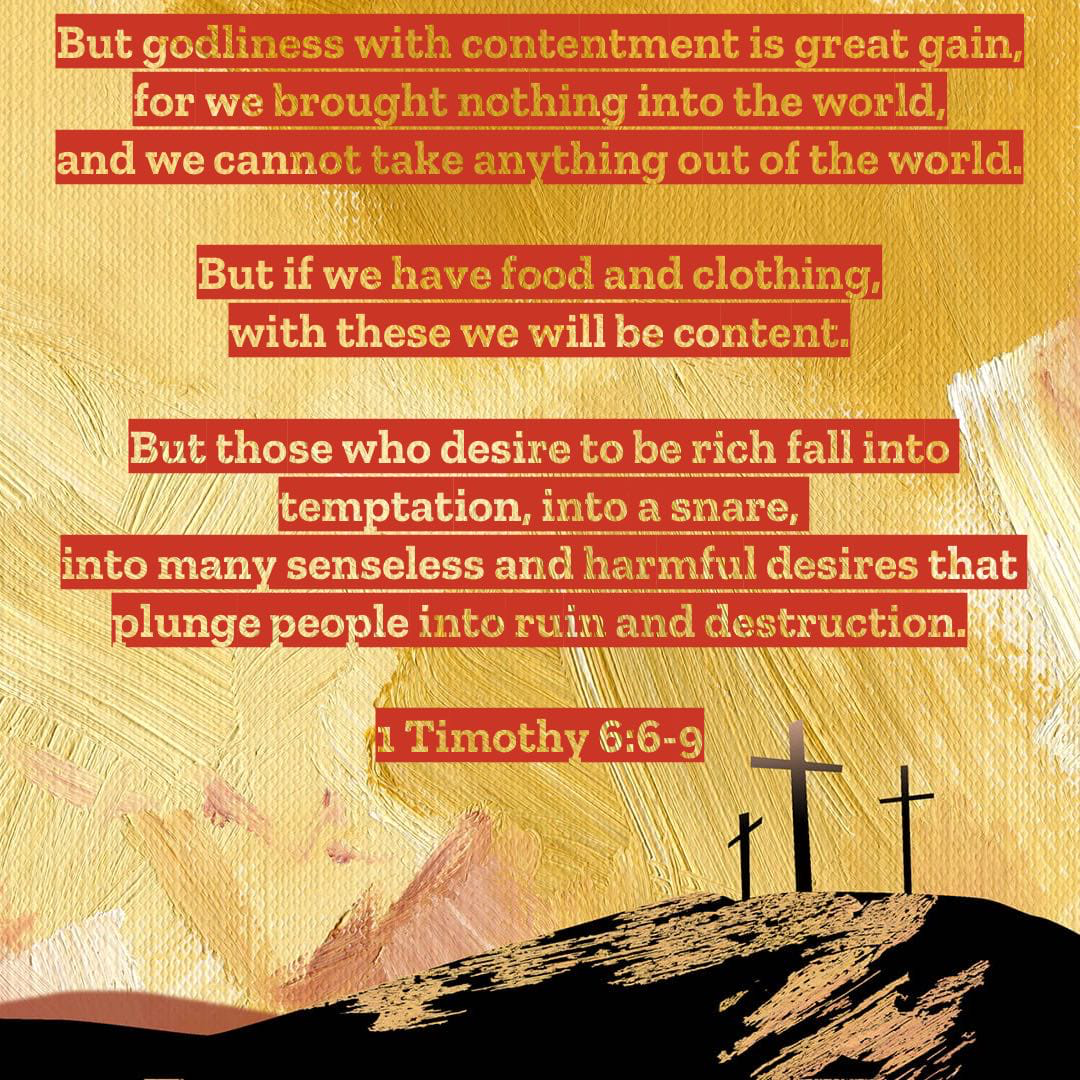
“All things are lawful for me,” but not all things are helpful. “All things are lawful for me,” but I will not be dominated by anything.
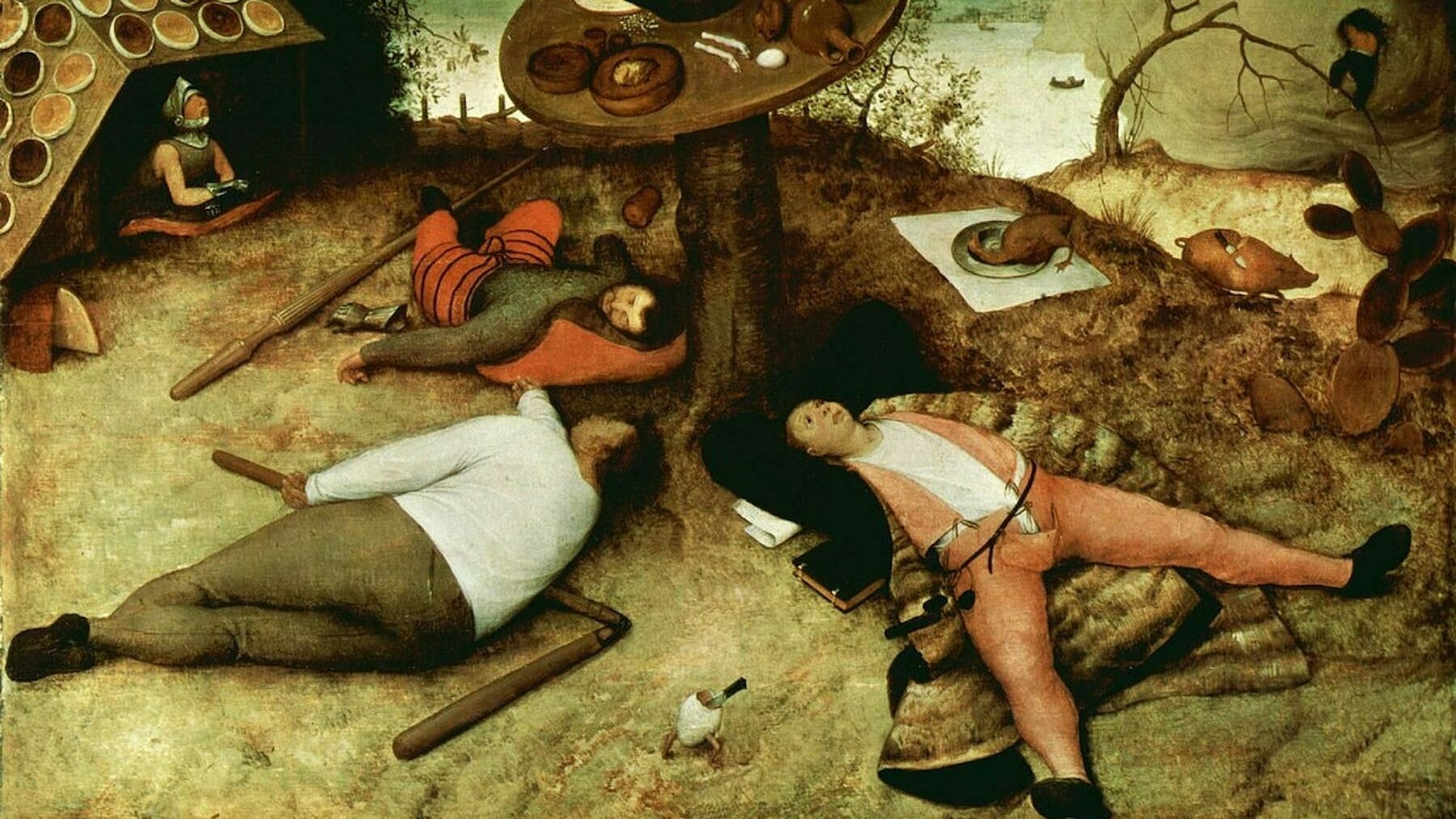
Exodus 7:21-22
How were Pharaoh's Magicians able to perform signs and wonders? Well they could only manage for the first three. On the first, their serpents were eaten by that of Moses. On the second and third they made things worse. More blood, more frogs! And no undoing Moses curses.
Hardly a resounding demonstration of their skills, though it served to allow Pharaoh that false-sense of superiority that his men could conjure just as well as Aaron and Moses. By the fourth occurrence though even they conceded defeat admitting that 'this is the finger of God'.
While the magicians recognised God's authority however, Pharaoh wouldn't. For the next three trials he would face ludicrously small foes of gnats, flies, and a pathogen too small to see at all. An interesting episode for sure.
Having shown Saul how much he must suffer in God's name, The Lord Jesus sends Ananias to open his eyes, and bring upon him the Holy Spirit.
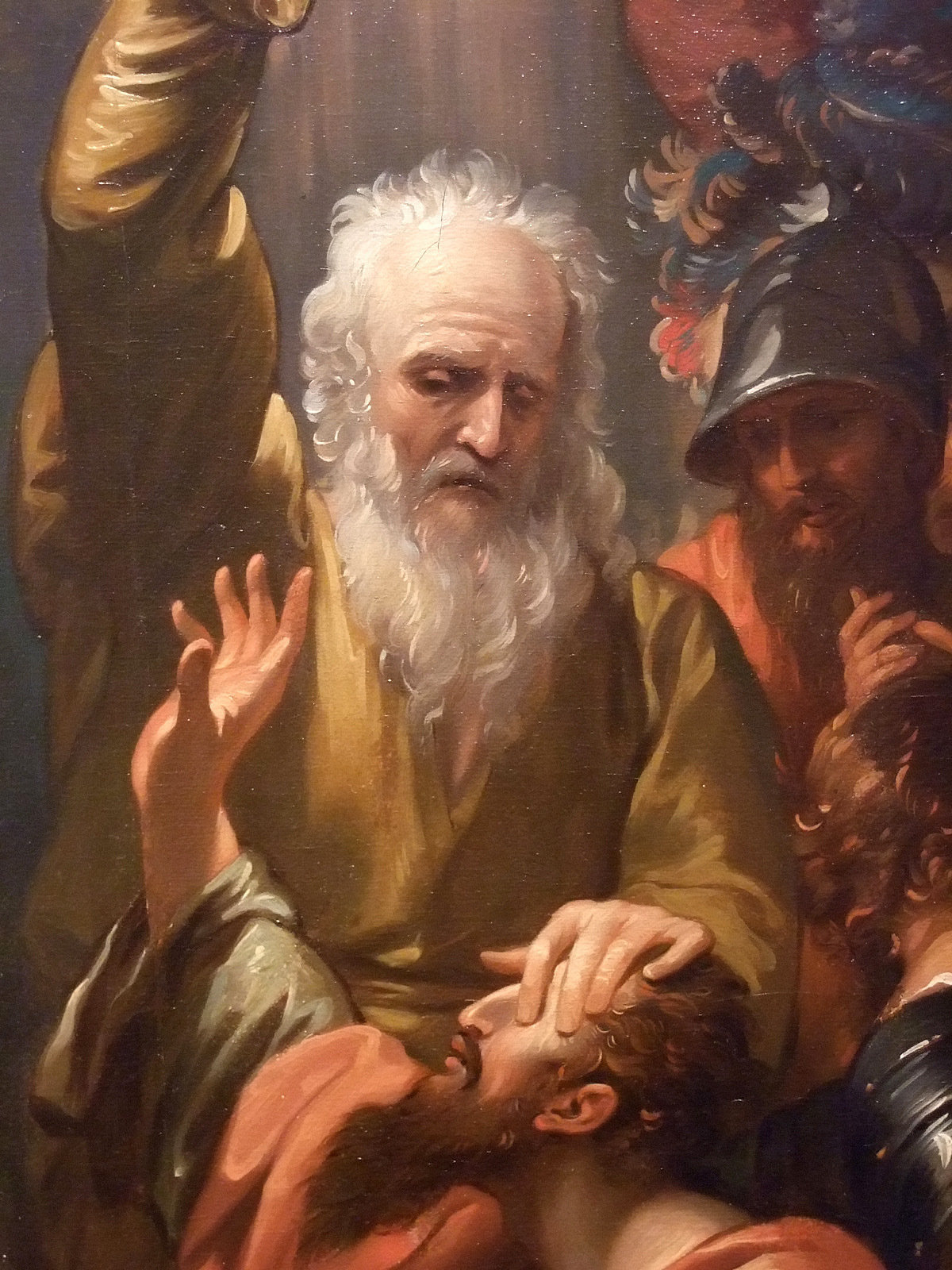
Altarpiece depicting the conversion of Saint Paul by Ananias, 1786
Benjamin West (American, 1738-1820)
This one line is so incredibly complex. And there it is, central to Christ's model prayer. As a child, who learnt the Book of Common Prayer version of the Lords Prayer by heart, I never gave it much thought. But now, when I think on it, I realise how incredibly profound it is.
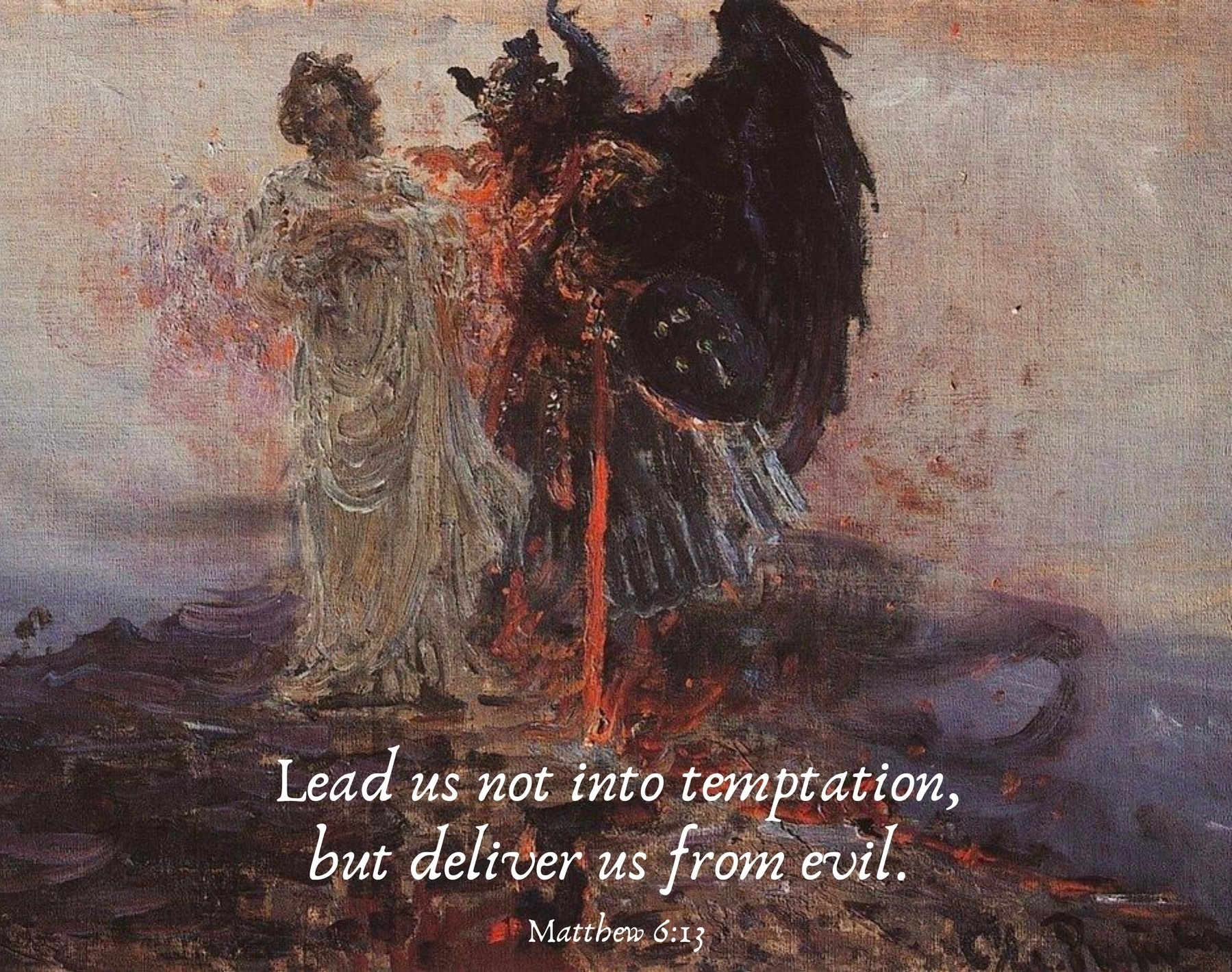
Got Questions has an interesting article that illustrates just how rich with meaning these words are.
Painting by Ilya Efimovich Repin
'Follow me, Satan', 1895
45×61cm